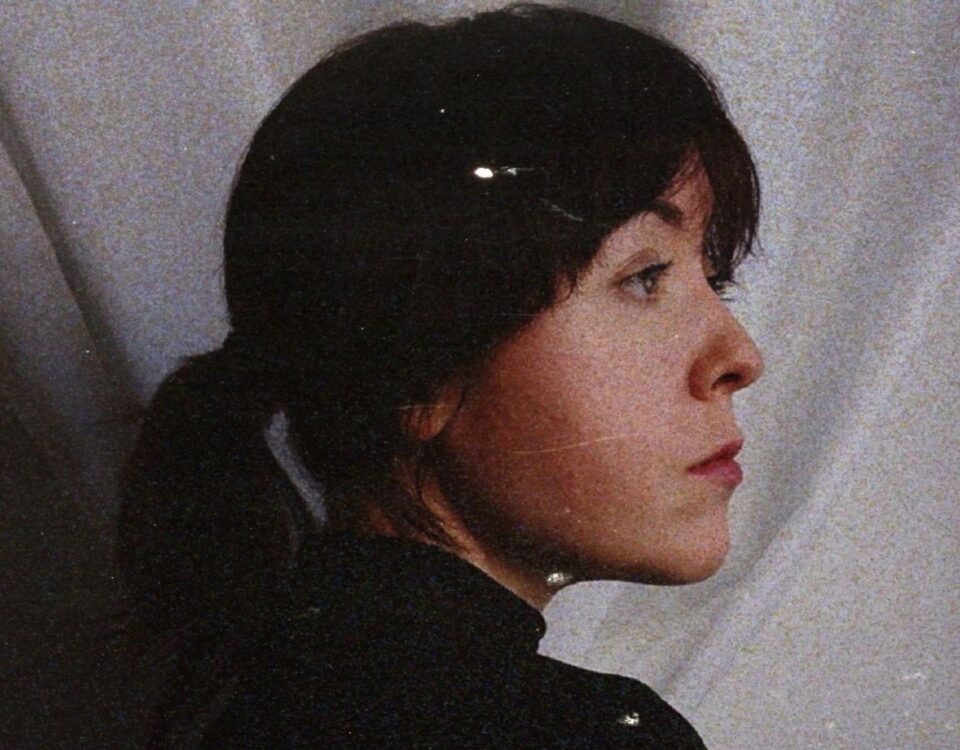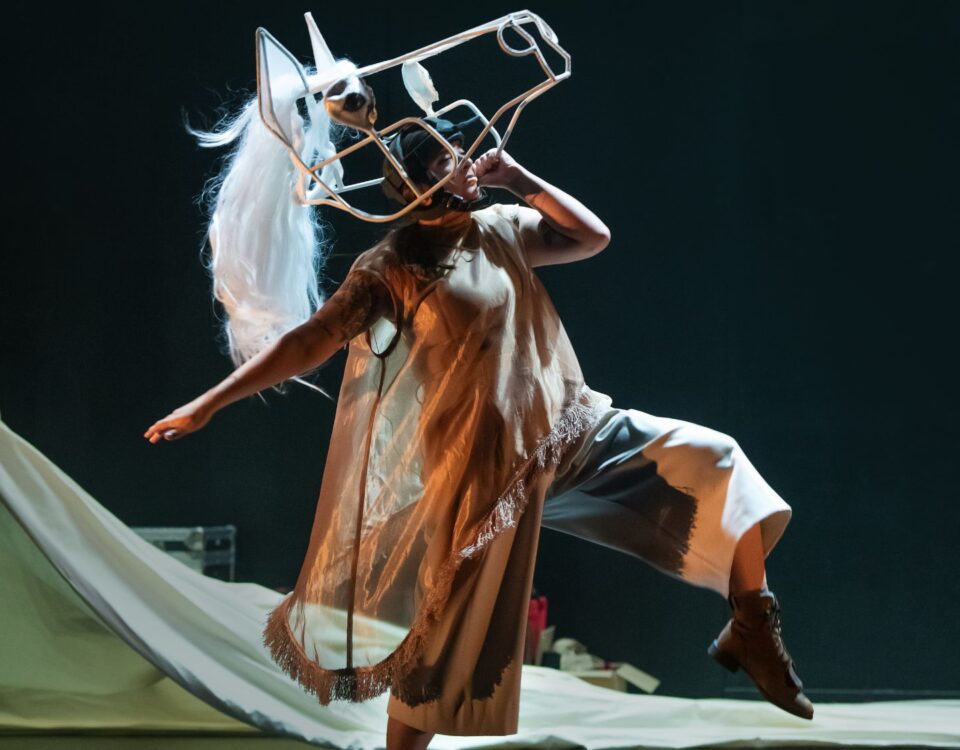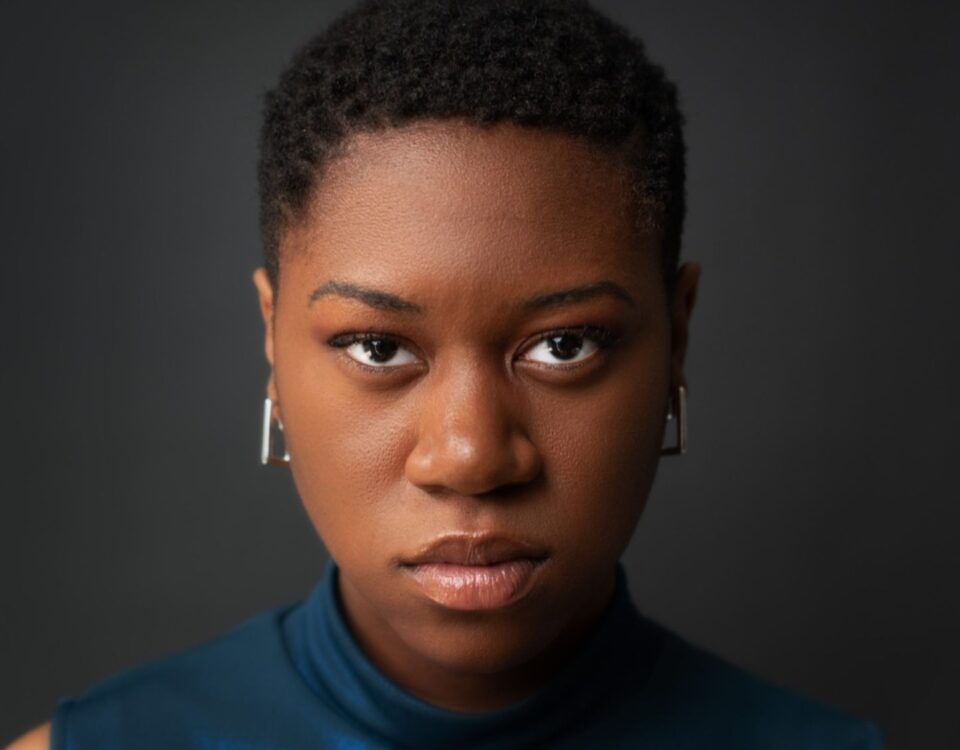Courtney Summers
Reading, writing and fighting anti-intellectualism
Belleville
By Kodie Trahan-Guay

Book bans are increasingly becoming a problem across North America and Belleville born author Courtney Summers has been feeling the heat.
A lifelong storyteller, Summers turned to novel writing when she was 18 and her debut novel, Cracked Up To Be, came out in her early 20s. She felt like novel writing was the best fit for the stories she wanted to tell, having first tried her hand at screenwriting.
Her books are in the Young Adult (YA) genre and focus on very dark topics; things that can happen in the real world, but when they do the people who are involved with them are turned into characters on the news, keeping people from seeing the humanity behind issues. Summers has brought humanity to the page with her fully-formed depictions of girls and women experiencing traumatic situations.
Summers found that the books she read as a teenager had a lasting impact on her and believes that in writing for teens, she has a responsibility to help them understand the world.
“We all have different parts of ourselves that make us uncomfortable, that we’re not willing to look at and particularly writing for teens you want them to know it’s ok to have these aggressively angry thoughts, to feel disconnected from the world, to not feel sure about yourself,” says Summers. “There’s that kind of darkness and you put it against the larger, more brutal darkness of the world and you want to explore the complexities and the conversations you’re having with your identity.”
It’s been a tough past few years and Summers uses her writing to address those problems. Not just to focus on tough topics, but to help inspire people.
“It’s a challenging time to be a human, in your skin and living your life and I just want to address those challenges in the extreme. There’s always a kernel of truth, something that can be applied in our day to day existence,” says Summers. “I actually hope what it does inspire in people, is an instinct to be kind and empathetic, to meet these challenges with the best part of themselves. To fully engage in our capacity to be good we have to confront the parts of ourselves that are not so great.”
As many of her books deal with dark topics they have faced controversy. In Indiana, USA there is currently a motion to move many YA books to the Adult sections of bookstores and libraries, making them harder for the intended readers to find. Summers’ most recent release I’m The Girl is a book currently facing much backlash for its content. The book is the story of Georgia and how she is trying to navigate a world with a power structure meant to control and oppress.
“I’m The Girl was specifically written to give teenagers access to language and experiences that they might not have safe spaces to talk about, to internalize, to understand what is happening to them,” says Summers. “It’s a book that is deeply ingrained in the perspective of a 16-year-old protagonist who is being groomed by a Jeffrey Epstein avatar and she doesn’t understand what’s happening to her but as a reader you understand that dissonance is very upsetting, very unsettling and the more you feel that opposing tension the more you start to realize the machinations that are in place to hurt young women who are vulnerable and who really want to believe and better their circumstances.”
Summers believes that banning stories from people will only cause further harm. One reason storytelling was created was to pass on lessons, to teach and help instruct people so they could safely navigate the world, but when a story is difficult or dark, some may be inclined to ignore or get rid of it.
“People don’t like that these stories, first of all, exist in reality. They think fiction should be an escape, but it can also be a place to empower yourself by worrying about these things that we keep hidden,” says Summers. “We do not employ the tools to educate young girls about what’s out there and how to identify these kinds of warning signs. We lean on whisper networks and not everyone has access to whisper networks and I think it’s really important that books can be a tool to help teens very safely understand that the world that they’re operating in is not always so kind.”
Book bans and book restrictions are a form of censorship that happens when people, the government or other organizations remove or restrict access to books in schools, libraries or bookstores because they object to the content of the books.
A problem globally, but especially in the United States, book banning and restriction prevents access. If a young person is going through a distressing situation they are not as likely to find material that could help them. However, Summers has hope as many people are actively working against book banning.
“What I’m really heartened by is the response against these moves, how quickly everyone is rallying to vocalize and stand up against this kind of soft censorship. It does go a long way to destigmatizing books that have been put in this position and it helps spread word about them.”Courtney Summers books are available everywhere books are sold. To learn more about the award-winning author check out her website https://www.courtneysummers.ca/
For more articles read the full magazine on Issuu


